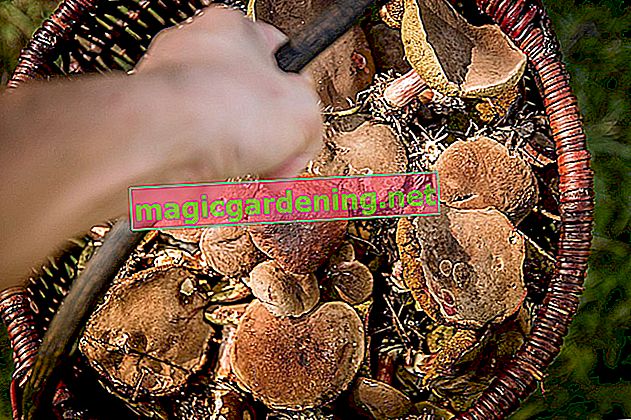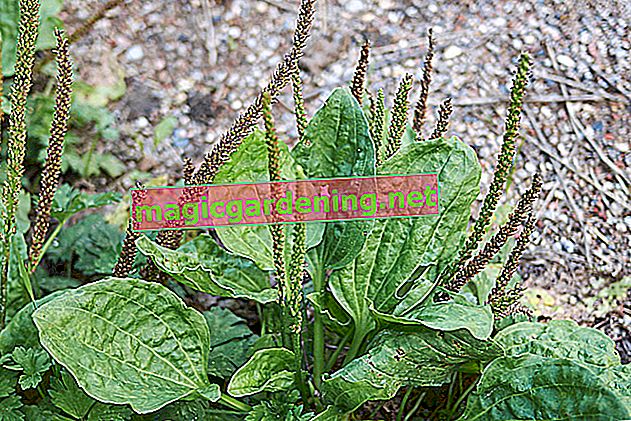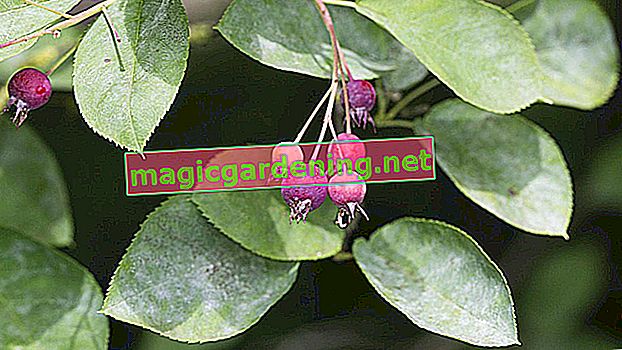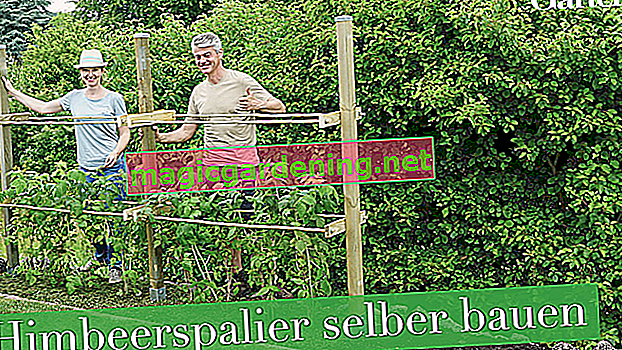
Dying mother plant gives birth to daughter plants
The floral swan song after its unique heyday is characteristic of the fascinating bromlia species. As the mother plant wilts, it invests all of its strength in growing cuttings as daughter plants. We owe this strategy ready-made mini bromeliads. In order for the children to transform themselves into magnificent adult ornamental plants, the right time of separation and professional care are important. How to do it right:
- Place a faded bromeliad in a bright, warm spot
- Do not remove the withered inflorescence
- Continue the previous maintenance program with watering and fertilizing
- Include all side rungs on the base in the care
also read
- How to skillfully tie up bromeliads - tips on the base and method
- Propagating succulents by cuttings - this is how it works with children and cuttings
- Propagate anthuriums yourself - this is how breeding succeeds
A daughter plant is only equipped for an independent existence when it has a leaf rosette and its own roots. Furthermore, it should have reached a height of 10 cm. Ideally, a child will have reached half the height of the mother plant at the time of separation.
Separate and care for daughter plants properly - this is how it works
If the mini bromeliad has fulfilled the premises for an independent plant life, separate it from the mother plant with a sharp, disinfected knife. After the cut surface has dried slightly, pot the daughter plant as follows:
- Fill a medium-sized nursery pot with a drainage made of expanded clay (€ 17.50 at Amazon *) and sour bromeliad soil
- Plant the rosette up to the lower leaf wreath
- Press the substrate on and water it
- Fill the small cistern with soft, room temperature water
The focus of care during the first few weeks after the separation is high humidity. Therefore put a transparent plastic bag over the nursery pot, using two wooden sticks as spacers to prevent direct contact with the small bromeliad. Keep the substrate slightly moist and fill the water level in the funnel (4.63 € on Amazon *) regularly. Every fourth water you add a liquid bromeliad fertilizer. When new leaves sprout, the hood has done its job.
Tips
The propagation of bromeliads by sowing proves to be complicated and tedious. The seeds can only be induced to germinate under constant conditions in a partially shaded location with 28 to 30 degrees Celsius and a humidity of more than 80 percent. A long thread of patience of 5 years and more is required before the hoped-for bloom rises above the leaves.








